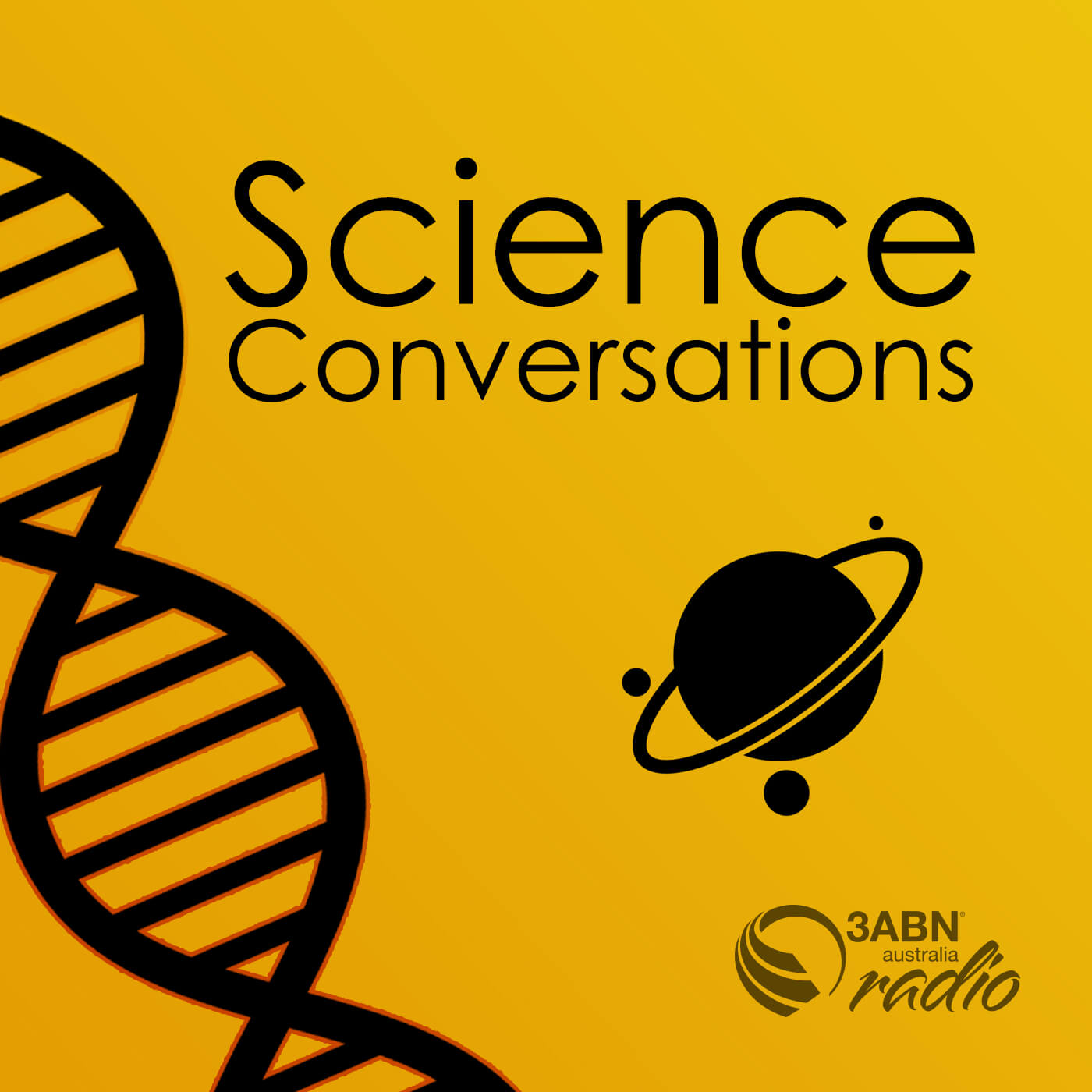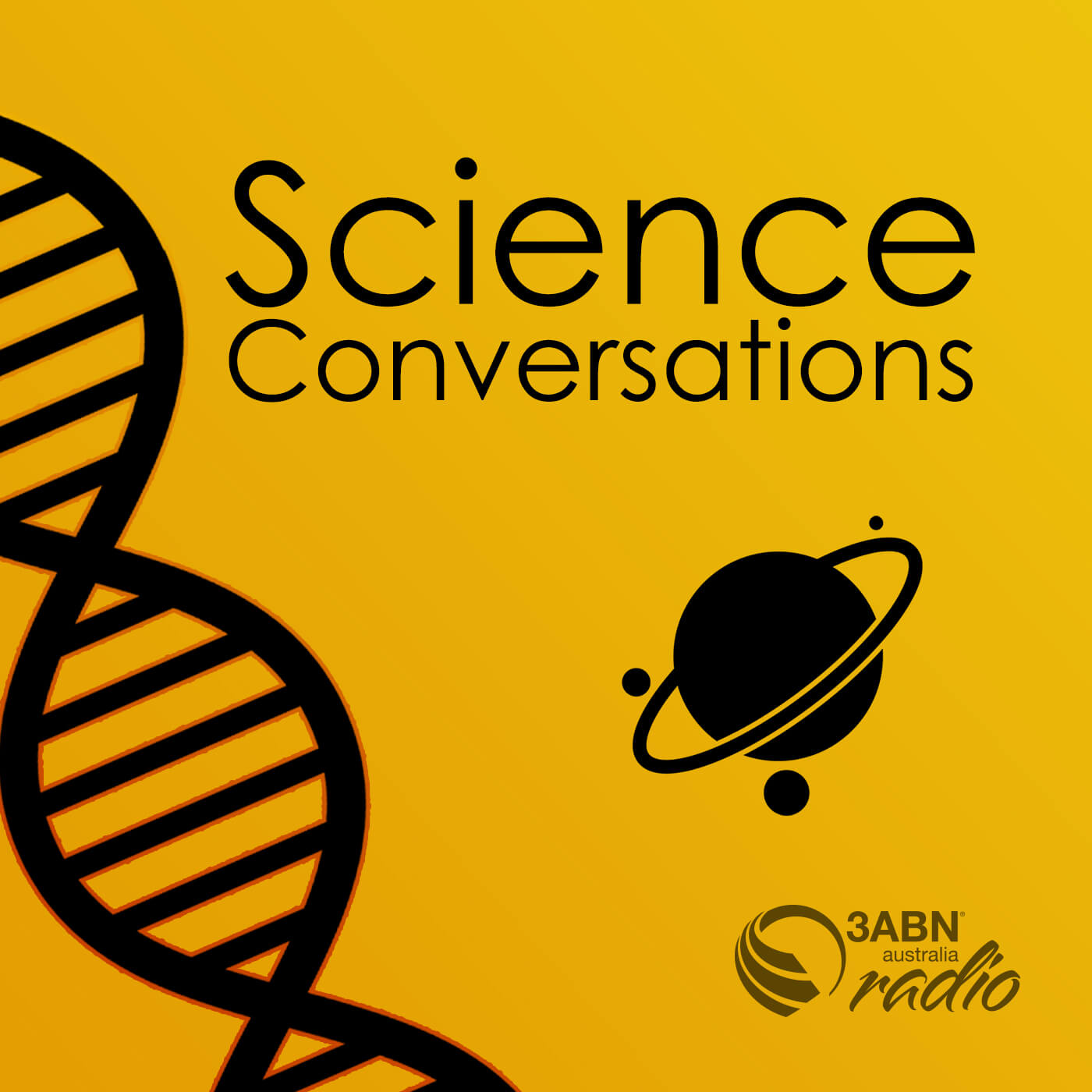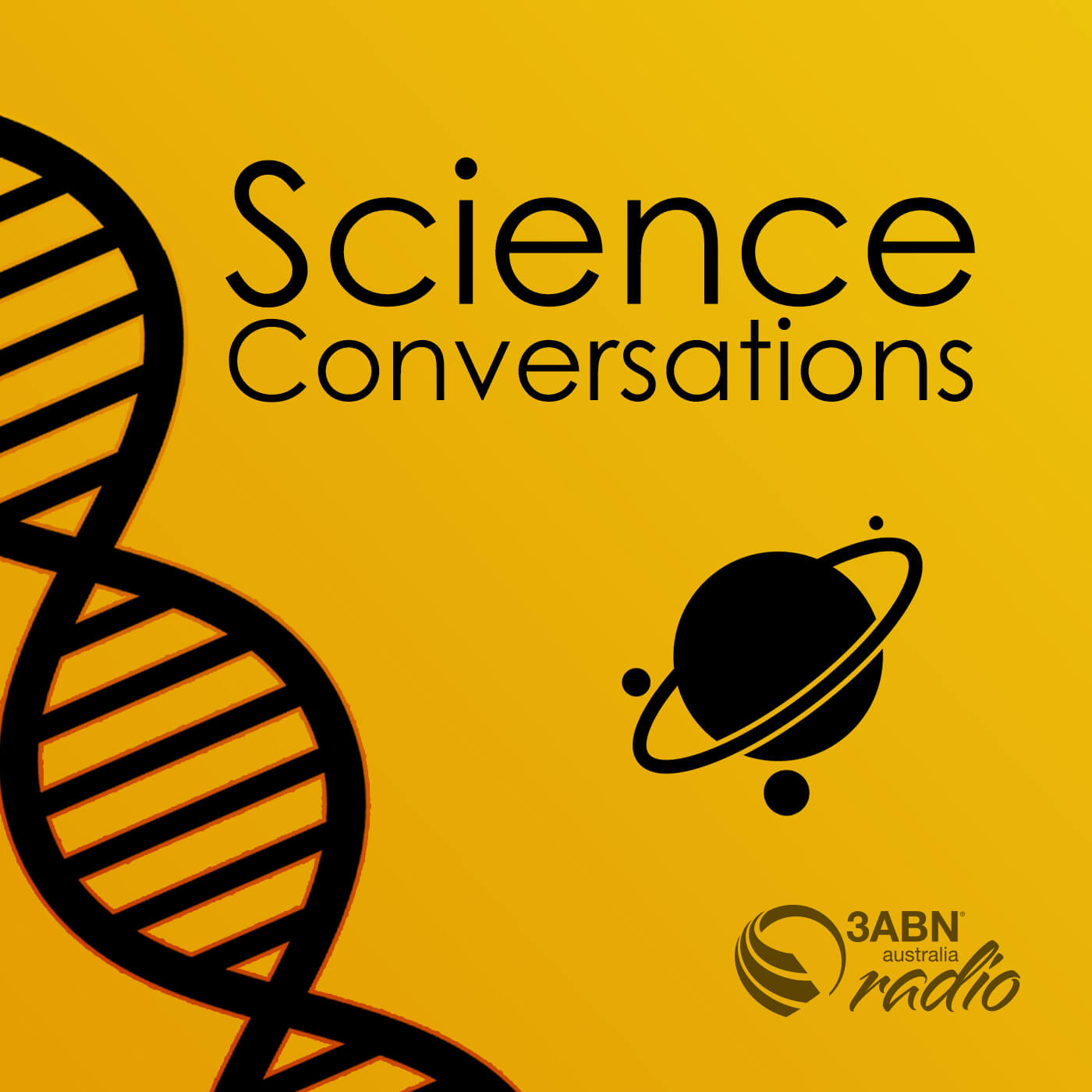Episode Transcript
SPEAKER A
Welcome to Science Conversations. I'm Kaysie Vokurka. Can new organisms form from random mutations? Joining me to discuss part three of this topic is Dr. John Ashton. Welcome once again to the programme, John.
SPEAKER B
Hello, Kaysie.
SPEAKER A
Dr. John Ashton has written a book entitled Evolution Impossible and we have been going through this book and in this part we are looking at some aspects of chapter four. So, John, we've been talking about how we need to have new DNA code produced in order for Darwin's theory to be in any way really accurate for the long ages and the development of new species over that time. Right. So when we talk about new genetic information, what amount of new genetic information are we talking about? How much of that would we need to explain all of the diversity of species that we see around us today?
SPEAKER B
Yes, well, I think this is a question that many people really don't understand, including much of academia too. I think perhaps they haven't given a lot of thought to it because, you know, intuitively, just from the size of the amount of information that is in living organisms is for a start, organisms. We were aware of many of our external body parts, arms, legs, our head and eyes and mouth and so forth, but within this we have biochemical systems as well, where we have all sorts of blood regulators and all this sort of thing, hormones and so forth. And all these chemicals all are produced with very complex chemical reactions within the body itself. And there are control mechanisms for those sort of things as well. Not to mention the way that the. With all our. And so all these structures, all these reactions that are occurring are encoded for in what we call the genetic code or the DNA of each organism. And this is a code that's written in our language using just four letters or four chemicals actually. These are chemical bases that form the code and we give them the characteristic letters A, C, T and G and use. So this is a language that's written in just four letters. English, for example, has 26 letters, just four letters in this code. And this code then enables the proteins and all the components that make up all the parts of us to be assembled. Now, these codes are enormous. So if we look at, say, for example, a simple bacteria like E Coli, which been studied extensively, it's a very simple living organism. It doesn't have a nucleus, it has very, very simple structure. Its code consists of about four and a half million base pairs. So there's four and a half million letters in that code. So if we get to. If we then go to an organism that has a nucleus like a yeast, we're jumping up to about 12 million letters in its code.
SPEAKER A
About three times as much. Just like that.
SPEAKER B
Wow. Yes. A big jump up to another seven and a half million pieces of code would have to form if an organism, if a bacteria just evolved a nucleus and changed into something like a yeast. Also we need to understand that that yeast has in it more letters that are in the entire works of Shakespeare, more letters in the code than in the entire works of Shakespeare. Now that we're all really just up to a yeast. Now, if we go to a simple organism like a roundworm or nematode that's studied in the laboratory, they're about five millimetres long, they have a mouth, they have an anus, they have a digestive system, a reproductive. We've jumped up now to 97 million letters in the code. And whereas the, for example, the yeast had about 6,000 genes in its code, we now got about 19,000 genes in the little roundworm. So a huge increase in the number of genes there, another 13,000 genes have formed. And these genes that are made up of hundreds, you know, tens of thousands of pieces of code, they're very big now, codes in these genes and they're.
SPEAKER A
Coding for specific functions and things like that.
SPEAKER B
That's right within that organism. Once we get up to things like a mammal, like a mouse, two and a half billion genes, billions. Now, not genes, billion letters in its code.
SPEAKER A
Skip the millions, we just went to billions.
SPEAKER B
Yeah. So we're up to. And then of course we have some of the plants have even more complex letters, greater number of letters, more complex genomes in their genetics. And so this is a huge amount of genetic code that all has to form by random mutations. Now, for example, scientists just recently from RMIT University, where I'm an adjunct professor down there as well, and they've published a calculation with regard to if you took all the monkeys in the world, all the chimps, I think it might have been chimpanzees in the world typing randomly, pressing on typewriters, how long would it take them to type out the works of Shakespeare? And they calculated that it would be longer than the age of the universe as we know it. So that they calculate to be. In other words, there isn't enough time in the so called age of 13.8 billion years. And yet this would not have the complexity, for example, of a yeast cell. And yet people assume that random blind mutations of chemical reactions that don't actually occur naturally in nature. So, for example, scientists such as James Tu have shown that the reactions required to be the genetic Code don't occur in a natural environment where they're exposed to all sorts of other chemicals and UV radiation and so forth don't occur anyway. And even if these molecules did assemble, the chances of them forming a meaningful code are so astronomical as to not likely to occur. But the other thing is, when we look at the number of species that have existed in the world, so we know there's about, you know, seem to be about 2 million species known species reported in the literature at the moment, and we believe that this only represents 1 or 2% of the total number of species that have existed. Because when we look at the fossil record, there are huge numbers of species that are now extinct. And it's, you know, quite reported in, regularly reported that the estimates are now that 98 to 99% of species that have existed are now extinct. So if we look, yes, that in the past, we've got something like 100 million at least species have existed on this earth. And if we take an average code for each species, just, you know, that's 10 to the power 8,100 million. And if we take the number of codes, say similar to a roundworm, around 100 million lettuce, that's another 10 to the eighth. So we've got 10 to the 16. This is extremely conservative because we know, as we know mammals and plants, many of them have a billion and billions of letters, much more were up to 10 to the 16. If we look at the number of letters in Shakespeare's entire work, we're only looking at something like 10 to the 7. So, you know, 7 from 16 leaves us with 10 to the 7, 10 to the 9, rather, which is a billion. So essentially, the genetic information that people evolutionists claim has risen by chance is equivalent to, as if Shakespeare had written a billion of his entire works, as all different works. So the amount of literature contained in a billion equivalent of Shakespeare's entire works is the amount of information that evolutionists have to claim has arisen by chance. And we don't have to be a rocket scientist, a statistician, mathematician, to work out and to know that's absolutely impossible to occur by blind random mutations. And of course, according to evolutionary theory, most of this has occurred over the past 600 million years. And we should be observing scientifically evolution occurring. And yet we've got classic examples of where we've deliberately, for example, bacteria trying to observe evolution, and we can't see new meaningful code forming. We have powerful evidence before us that evolution has never happened. It's absolutely impossible to happen. To produce the new code, we have overwhelming evidence that life on earth must have been created supernaturally. Created by a super intelligent intelligence.
SPEAKER A
Yeah, I mean to think even for someone or like even an individual to write code for all of that is beyond the human capacity for everything we see around us. And so you just think, well how could that have happened without some super, super mind?
SPEAKER B
Yes. And you've raised a very good point there. With all our knowledge of genetics and the genetic code, scientists can't write code for a new type of organism. That works. We can adap existing codes and people have tried to do that and made some success. But like I said before, we can't write new code for a pig to now have wings and insert the codes into some DNA and grow it. We don't know what is going to work. And again, the reason is that the codes themselves are so complex in that the codes are not only just describing the structure of an organism as such, but they are also encoding a whole lot of regulatory mechanisms, mechanisms that switch on and off under certain conditions, mechanisms that change the meaning of code depending on circumstances and so forth. Which is absolutely fascinating. And of course this is part of what was the so called junk DNA that people thought were just useless leftovers. We now find codes within codes that do absolutely amazing things. And it's beyond we see when we look at the way chemical reactions work, when we look at statistics, it's absolutely impossible for evolution to have occurred. And to me it is just so morally wrong that we're not pointing this out to young people in our schools. At Shaw. Darwin's theory was a beaut theory at its time. It appeared to come up with a mechanical explanation for how life could come about in a mechanical worldview that was of developing at that time. But we now know from our science that it is absolutely impossible for Darwin's theory to be responsible for life on earth.
SPEAKER A
Yeah, well in Darwin's day they didn't even understand about genetics and DNA wasn't discovered and all of this kind of thing. So there's been huge advancement in knowledge of how organisms work in their fundamental way and the levels right down in the chemical structures and everything. So I guess the whole thing about science is to be progressive and move with the understanding. So we can't ignore the kind of things that you have mentioned. It would be unscientific to do that.
SPEAKER B
That's right. And the scientists are speaking out. But this information isn't getting into our textbooks and it's not getting out to the students that we have overwhelming evidence that life was created supernaturally by a super intelligent designer that we call God.
SPEAKER A
Very, very compelling. Thank you so much for sharing on this topic. And next time we're going to examine the question, are fossils evidence for evolution? So be sure to join us.


